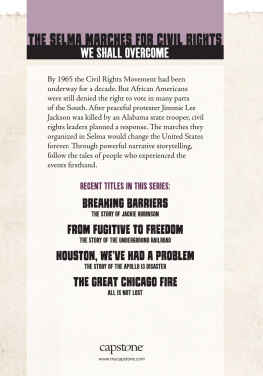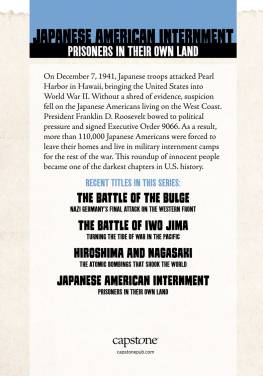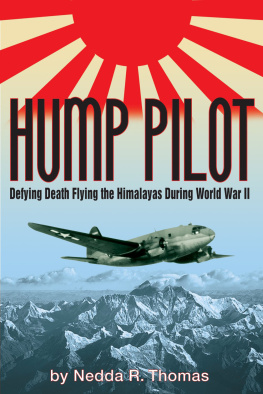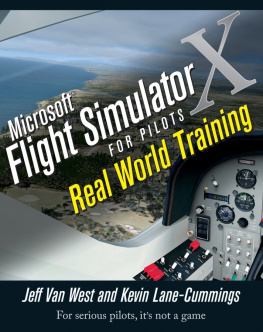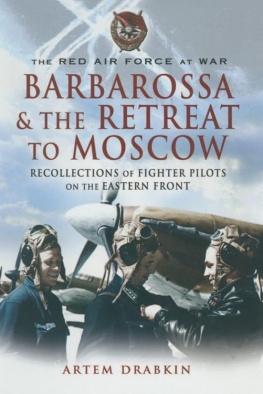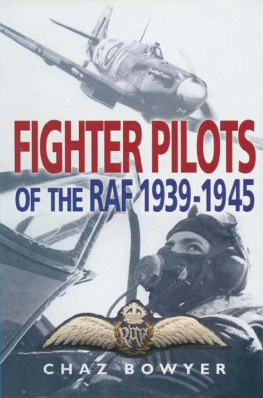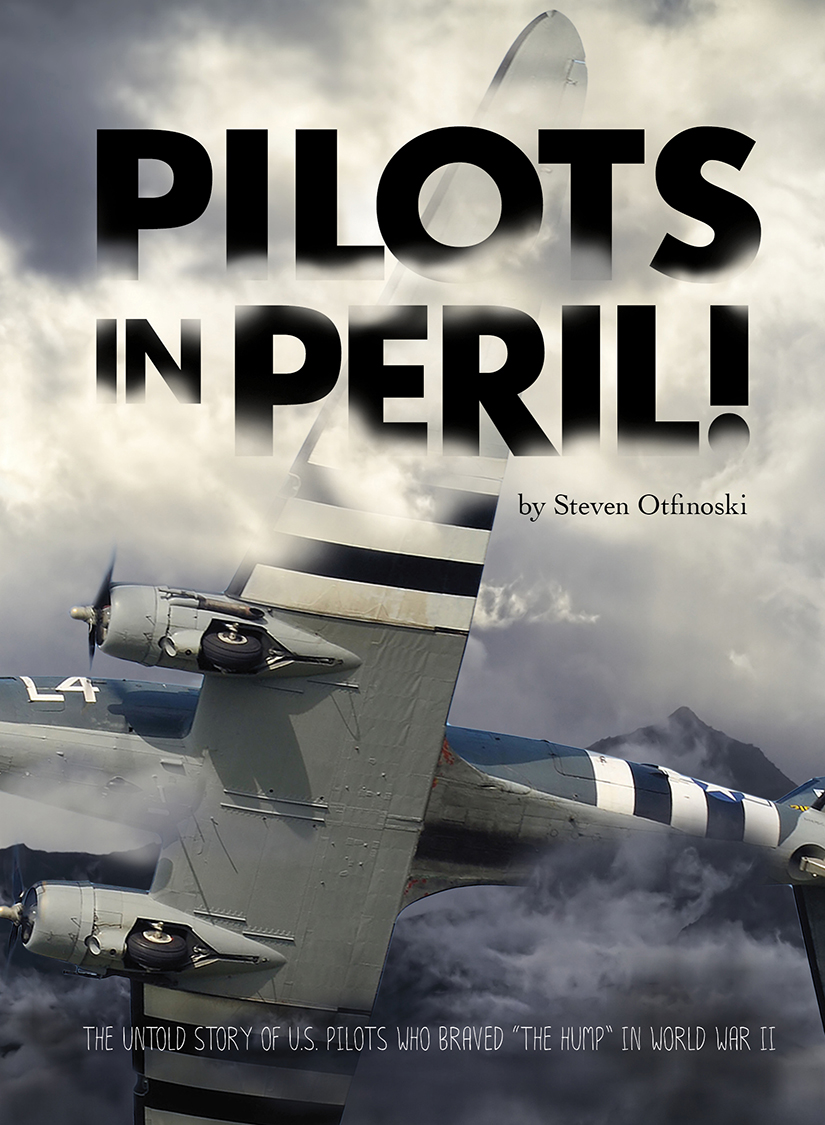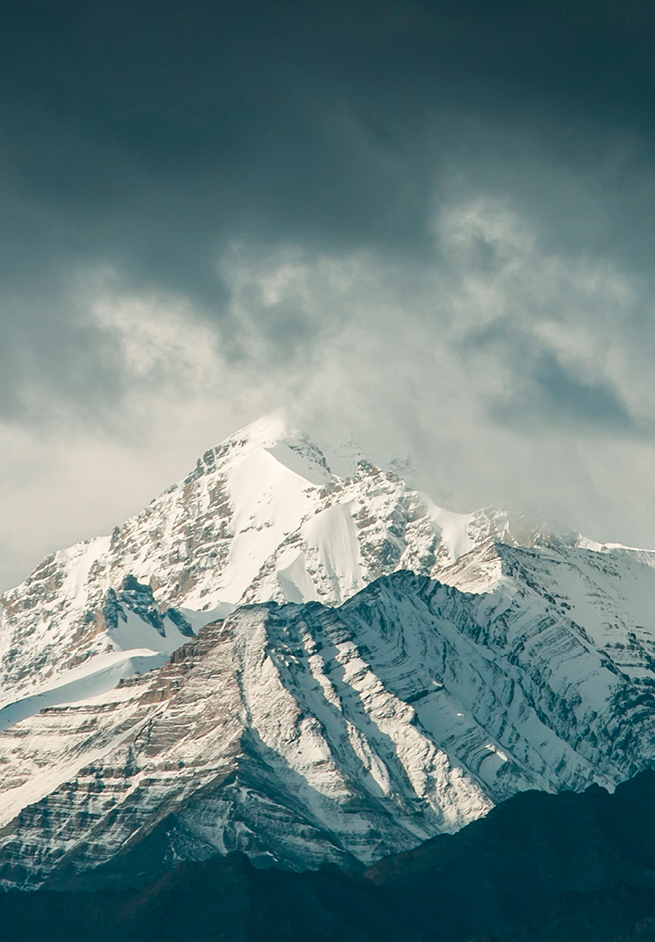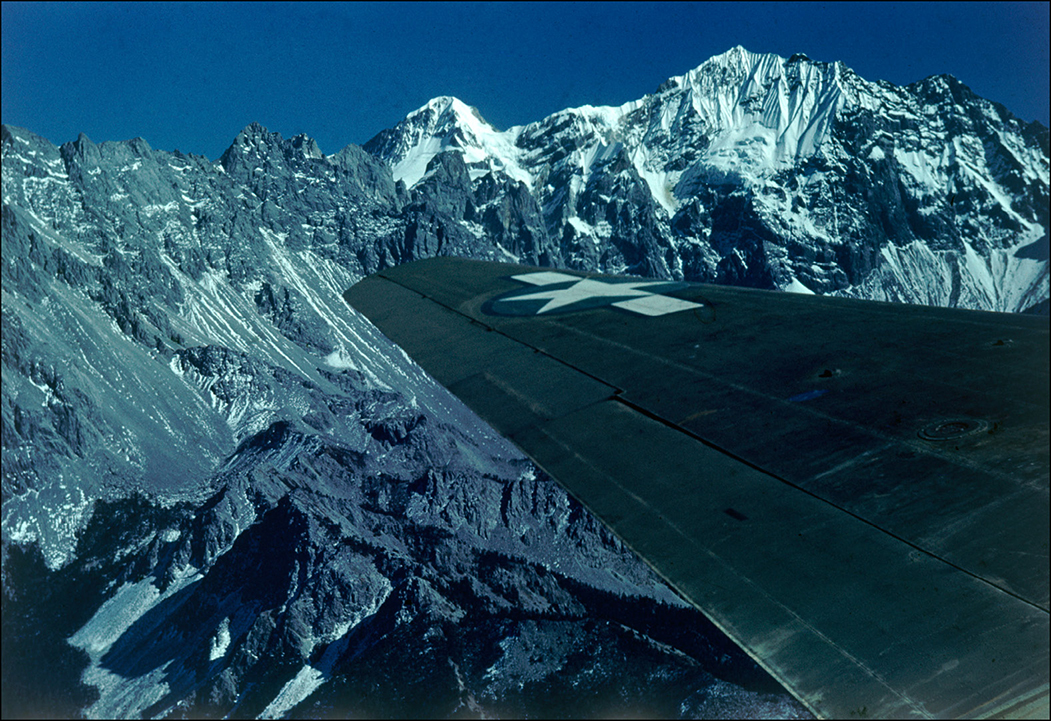Chapter 1
LOST IN THE STORM
Private First Class John Huffman wasnt supposed to be on the four-engine C-87 bound for Jorhat, India. But he needed a lift back to his base from Kunming, China, and the four-man crew had no problem letting him hitch a ride on their plane. Like them, Huffman had flown in earlier that last day of November 1943. But he had arrived on another transport plane carrying supplies for the Chinese troops fighting in World War II. Both crews were part of the U.S. Armys Hump Airlift, risking their lives daily to fly up and over the Himalayan Mountains (the Hump) and into China to deliver food and supplies.
A U.S. transport plane crosses over the Hump, a mission that many pilots considered more dangerous than combat.
Huffman wasnt a member of this special team. At age 27, he was older than any of the C-87s crew, yet he was the least experienced at flying. He had trained as a flight engineer and was responsible for mechanical operation of the planes. But he had been assigned as a mechanic in the motor pool. Even so, he was curious to see what it was like to fly over the Hump, so he got a ride on a plane earlier that day.
The crew was slightly amused to see how Huffman was dressed. He was wearing a neatly pressed shirt, sharply creased pants, and a heavy sweater under his jacket. He was a nice enough guy, quiet but grateful to get a ride back with them.
If he knew what lay ahead, he certainly would have put aside his curiosity and never left Jorhat.
The four crew members were all experienced Hump fliers. Robert Crozier, the pilot, was a friendly and easygoing Texan who was skilled at his job. He had just met his copilot, Harold McCallum, that morning. McCallum had flown fewer missions than Crozier, but hed known he wanted to be a pilot since he was a boy back in Quincy, Massachusetts. He had strong, handsome features, thick, black hair, and was a bit of a ladies man.
At age 19, Corporal Kenneth Spencer, the radio operator from Rockville Centre, New York, was the baby of the bunch. He was tall and thin with freckled skin. In contrast, 22-year-old flight engineer William Perram was built solid with a protruding chin. He hailed from Tulsa, Oklahoma.
To make Huffman feel like part of the team, the crew designated him the assistant engineer. They first made a quick stop at Yunnanyi, 130 miles west of Kunming, where they delivered a small cargo of food. Then it was on to Jorhat. The skies were open and clear. But as Crozier took the plane up to 24,000 feet, that quickly changed. They entered a bank of clouds, and visibility dropped to zero. The temperature began to fall, and ice formed on the wings. It wasnt long after that when the storm hit.
A ROUGH LANDING
It seemed to come out of nowhere, as storms often do in this part of the world. As a strong McCallum did everything they could to maintain control. Then hurricane-force winds pounded the aircraft, making it difficult for the pilots to keep it from flipping over. But with poor visibility, Crozier was flying blind. They were lost, off course, and unable to determine their direction.
Desperate to find an airfield where they could land, Crozier kept flying until fuel was dangerously low. When two of the engines sputtered and died, the pilot gave the order that no airman ever wants to hear:
Hit the silk.
It was time to bail out or go down with the plane.
The crewmen strapped on their parachutes. But Huffman was in a panic. He had never gotten into a chute before, and he couldnt get it over his bulky clothing. Then to make matters worse, the rear doorout of which they needed to jumpwouldnt open. Crozier, McCallum, and Perram kicked at it wildly, but it wouldnt budge. Finally they removed the pins from the hinges and kicked some more. The door tumbled into the dark void. Just then a third engine gave out.
As the airmen got ready to jump, Huffman was still struggling with his parachute. In a calm voice, McCallum told him to take off his jacket. When he did, he managed to get the chute on, but he couldnt fasten the buckle on his harness. Then the last engine sputtered and died. There was no time to waste. Finally, just in the nick of time, the buckle on Huffmans harness clicked. He followed Crozier and Spencer out the gaping hole in the plane. McCallum and Perram followed close behind.
Down, down, down they floated, swinging to and fro in the darkness.
As Huffman tumbled to the ground, he rolled into a rock and was knocked unconscious. When he came to, he found himself wedged in a in a mountainside. His nose was bleeding, and there was a deep cut over his left eye. Worst of all, searing pains in his left shoulder told him it was likely broken.
Huffman pulled his parachute around him like a blanket to fight off the subzero temperatures. He stayed that way until he heard voices at daybreak. He cried out to them, but they didnt hear him. He yelled until he was hoarse but got no answer. Then suddenly, the voices were gone.
He was lost in the wilderness all alone. In what barren place had they landed?
Realizing that he could count on no one to help him, Huffman pulled the jungle knife from his survival kit and cut a strip of silk from his parachute. He made a crude sling from it for his left arm. Next he discarded the heavy over-boots he had worn over his shoes on the plane and began the long, painful descent from the mountain to the valley below. It took him seven hours.
While making his way down the mountain, he saw the footprints of three menundoubtedly his comradesso he followed them. He trudged alongside a river for nine more hours until, utterly exhausted, he found a sheltered place to sleep for the night.
If Huffman was in a tight spot, Perram was in an even tighter one. He had landed alone on the far side of the mountain, his leg injured in the landing. Unsure which way to go, he wasted precious time in indecision. When he finally started to climb farther up the mountain to get a view of his surroundings, it took him much longer than he expected. His breathing was labored in the thin mountain air, and it was difficult crossing the rugged, rocky ground. Once he made it atop the mountain, he couldnt find another route back down. He would have to spend a second frigid night outdoors.
While their crewmates were struggling to stay alive, Crozier and Spencer descended to the river and linked up with McCallum on a sandbank. In sharp contrast to the mountain, the valley was dry and hot. As they hiked along the riverbank, a warm wind blew dust and dirt into their faces, stinging their eyes.
After a full day of walking, they came to the bitter realization that they were going in the wrong direction.
They had been heading east instead of their intended western route, which they hoped would eventually take them toward their base in India. Of course, they had no way of knowing if they were already in India or if they were still in China.
VILLAGE OF FEAR
On the morning of December 2, Crozier, Spencer, and McCallum retraced their steps along the river. That afternoon they spotted a caravan of men and animals in the distance. They followed the caravan at a safe distance until they saw it enter a village. Would the villagers be friendly? There was no way of knowing, but the airmen decided to risk it and entered the village. What other choice did they have? How could they keep going without food or fresh water?


